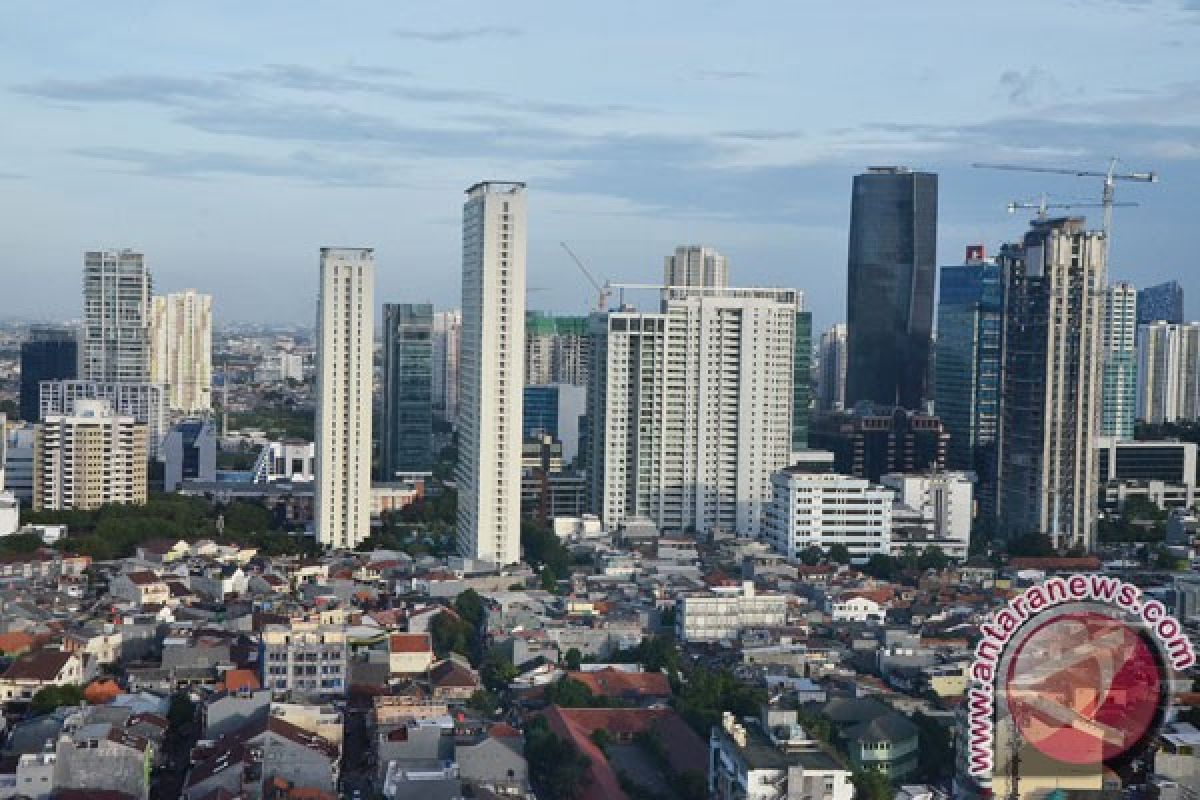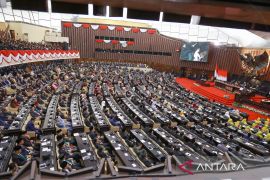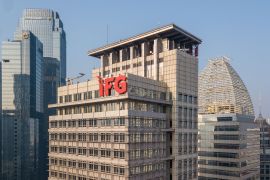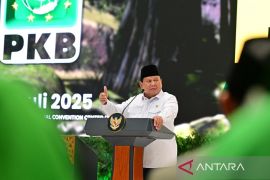In a statement quoted by Antara here on Saturday, the IMF concluded that despite a hike in inflation, other economic indicators in Indonesia showed an improvement, driven by a combination of prudent macroeconomic policies and sustainable structural reforms.
"The near-term outlook is still good. The economy is expected to grow moderately at 5.1 percent in 2017, while the rate of inflation will increase to around 4.5 percent by the end of 2017," it said.
Indonesias economic growth in 2017 would be supported by a stage-wise increase in private investment following improving commodity prices and a low interest rate and a recovery in overseas demand for goods due to improvements in global trade conditions.
IMF has forecast that Indonesia's current account, which is another economic indicator that records the transactions of goods and services between Indonesian and foreign citizens, will suffer a deficit of two percent of the gross domestic product, which is still within a tolerable range set by the Indonesian authorities.
In the statement, IMF concluded that Indonesia was able to manage macroeconomic stability and adjust to the latest global economic dynamics.
"Prudent policies and structural reforms have contributed in the midst of the global economic slowdown. Indonesias economy slowed down a bit, but it remains strong," IMF said.
On a separate occasion, economist from the Institute for Development of Economics and Finance (INDEF) Bhima Yudhistira remarked that inflation pressure this year would come from administered prices.
He pointed out that significant inflation pressure could soon arise from the increasing global crude oil prices that could lead to a hike in the domestic fuel oil prices.
"Fuel oil price hike can be very sensitive to inflation. In the first semester of 2017, the pressure to increase the price of fuel oils was quite strong," he noted.
INDEF has forecast that the inflation this year will be between four and 4.25 percent. "Our prediction has not yet been as extreme as that of IMF, which is up to 4.5 percent," he stated.
Senior economist from PT Bank Mandiri Tbk, Andry Asmoro, earlier said Bank Mandiri's economic team had forecast that inflation this year will be at around 4.2 percent, although the inflation hike in January has been above expectation.
Asmoro, however, claimed that inflation could jump higher if the government and Bank Indonesia were late in anticipating pressures from volatile food prices to compensate for the increasing administered prices.
Bank Indonesia Governor, Agus Martowadojo, noted in his statement that the central bank will continue to maintain stability of the countrys economic and financial systems by optimizing domestic economic recovery in the midst of uncertainty in the global financial market.
"Bank Indonesia hails the result of the assessment conducted by the IMF on Indonesia's economy in 2016 in which it lauded the country's success in maintaining its macroeconomic stability and adjusting to external changes," he added.
Editor: Ade P Marboen
Copyright © ANTARA 2017












